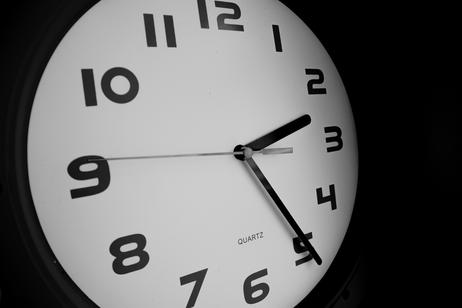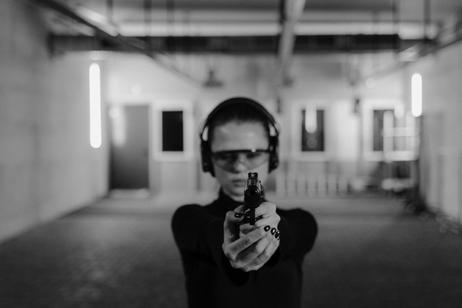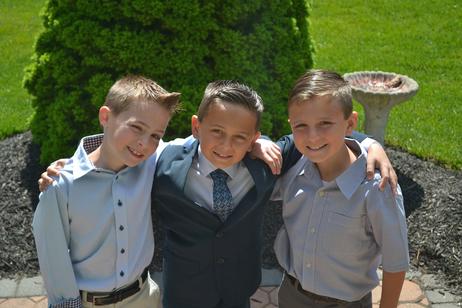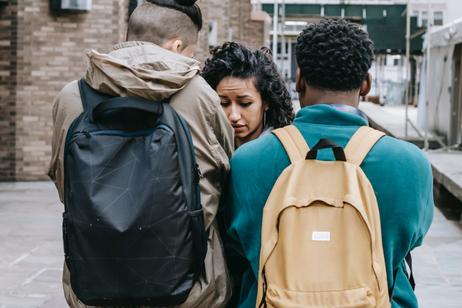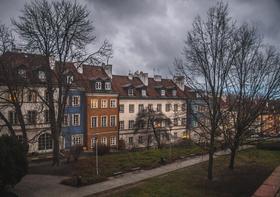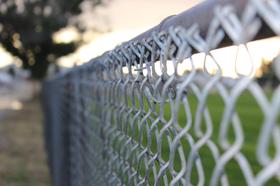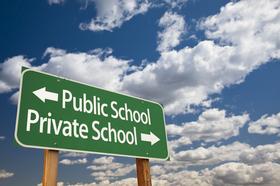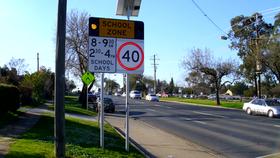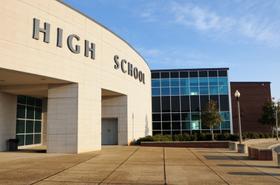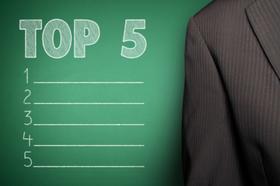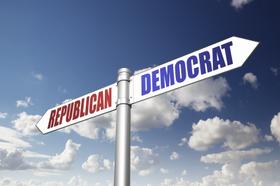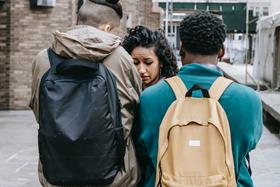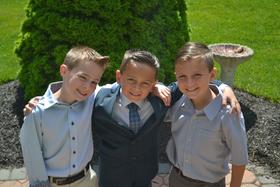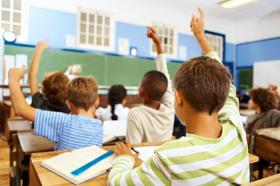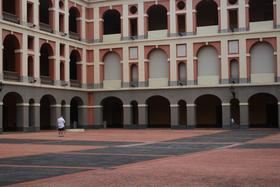Parents send their children to school every day in hopes that their kids will get a good education in a relatively safe environment. However, drug sales and gang activity often impact a student's ability to learn and feel comfortable in the place they spend the bulk of their time every day. While few argue that drugs and gangs have become a major problem in middle and high schools across the country, not everyone agrees what should be done. Some schools have brought in undercover officers who pose as high school students with the goal of routing out the guilty parties and removing them from the school environment. While the approach has proven successful, questions still remain about whether this is the right way to put a stop to illegal activity in public schools.
Undercover in Florida
In one of the biggest stings ever to hit public high schools, more than 30 people have been arrested in Palm Beach schools for selling drugs in an undercover operation dubbed "Operation D Minus." The students responsible for the drug sales were identified by undercover police officers who posed as students in the schools for the entire school year. These youthful officers were assigned to attend classes, eat and even take tests with the other students, in hopes of discovering the root of the drug problem that had grown by monumental proportions among high school students in the area.
According to a report at

